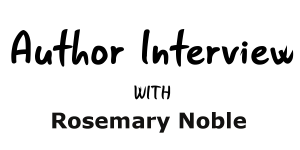
I am talking today with Rosemary Noble who has worked as a college and university librarian and has a life-long love of social history and reading. Researching family history led to an interest in Australia, influencing her writing.
Rosemary is a member of Arun Scribes Creative Writing Group and was a volunteer researcher for the Australian Founders and Survivors project and is a member of CHINDI (Network of Independent Authors).
She writes the occasional piece of flash fiction which can be found on Paragraph Planet and the Drabble websites.
Hi Rosemary, could you tell us about yourself?
I live in Sussex, England, am married with two children and two grandchildren and worked as a librarian in schools, colleges and latterly in a university. I loved helping students and staff to research and it gave me a great grounding in the research I do for my writing. I also love to travel. Having spent part of my childhood in Egypt and Singapore, travelling by ship meant that I visited several very poor places on the way. The poverty in India in the fifties lives with me and that tiny snapshot during one day, stirred a belief in social justice which influences my writing.
How long have you been writing?
Seriously for nearly six years. I wrote in my teens, then life took over, but now I have retired there is the time for research and writing. In many ways, it’s something I should have picked up years ago. Now, I feel I am writing against the clock, especially after a health scare just before retiring.
Tell us about one of, or your most recent book?
Ranter’s Wharf came out in April 2017. I hail from a town called Grimsby, which in the early 1800s was no more than a poverty struck village, having once been an important port in medieval times. Because of its prior importance it had two members of parliament – so something of a rotten borough. Corruption was rife. My story begins during the Napoleonic Wars and ends when the railway and new docks arrive, which turned Grimsby into the largest fishing port in the world. It’s about three generations, their struggles with the important factors of the time, poverty, lack of education, the right to vote, religion and the industrial revolution. It’s a very intimate book and based on my three times great grandfather. However, I found in writing it, that I became internally conflicted because of the vote for Brexit which has broken my heart. To understand why, you will have to read it.
What do you love about writing?
I love the research and then I love getting to know my characters, what makes them tick, how they react to adversity. Writing is a continual learning process. It keeps your brain fully engaged and to have found a new career in retirement is a bonus.
How do you get inspired/ where do you get your ideas?
Family history – as simple and as complex as that. I got hooked several years ago. My husband, being half Australian has convicts, gold diggers and a millionaire for his ancestors. We didn’t know that until I began to dig. All of his Australian history died when his grandparents died. We did know that there had been wealth and that it had disappeared. When we retired, our first long trip was to Australia and we followed the story which Trove gave back to the family. Trove is a treasure that Australians must feel very proud of. To me it’s pure gold.
I was inspired to begin writing the story after we returned and of course it had to start with Convicts. Working as a volunteer with the Female Convicts Organisation in Tasmania by researching all the convicts who travelled on the same ship as our ancestor, gave me a depth of understanding and empathy, which I hope transferred to the page. I’m now working on the third book in the series. A tale of a fortune made and then lost.
Do you have a specific writing process?
I do not work it all out in advance. I have a vague idea of the story, but it changes. Sometimes I sit down to write and have no idea what is going down on the page and that is how Sarah, a main character in Search for the Light was born. She spoke to me and told her own story.
I also write and research at the same time because that makes it more immediate. Each book takes me 12 months to write and six months to edit, which is far harder than writing.
I was very lucky when writing The Digger’s Daughter to be contacted by a local history group in Werribee who had been given a document written in 1902 about the brother of my protagonist. I was writing the last chapter at the time but of course, with that information I had some rewriting to do. Until that point, I had not appreciated just how Victoria, in the early days, resembled the Wild West.
Rediscovered cousins in Australia also contribute snippets. I love hearing from people who are part of the extended family and have come across my books. I just pray that I don’t offend anyone.
Do you have any advice for aspiring authors?
Learn by writing, find a writing group who will give honest criticism. Begin to critique work by others. Try and identify what you like about another’s work and how that could improve your own writing. Observe the world around you. How does the sky look today, how does the wind sound, what does the air smell like? Take a notebook around with you to jot it all down. Know your weak points and learn from them.
What are you currently working on? How long before release?
As I mentioned earlier, it is the third in the trilogy on an Australian family. As yet, I have no title. I’m hoping it will be released in time for Christmas. Also, I am collaborating on a ghost tour book with other local authors for a literary festival to be held in July.
What are you currently reading?
The Dreadnought of the Darling by C E W Bean published in 1912. I ordered it from the British Library but then an Australian friend in Queensland sent me a copy to keep because I was raving about it so much. It is of its time and I needed to immerse myself in the Darling River culture and life on a million acre sheep stations in NSW.
Who are your favourite authors?
Almost anything by Sebastian Barry. On Canaan’s Side is superb – an intimate portrayal of not only why war is to be avoided at all costs but also race relations and sex used as a weapon by powerful men. I read it for the second time with my book group last year and it wowed us all.
Louis De Berniere – Captain Corelli’s Mandolin and Birds Without Wings are breath-taking but then he writes something so different like Notwithstanding which is a joy. I was also amazed to hear he wrote Red Dog. He has such versatility. Some authors write the same book 20 times but with different settings. De Berniere is not guilty of that.
Last year I read some amazing books,
All the Light You Cannot See by Anthony Doerr is a masterpiece. I gave it to a friend for Christmas and he was knocked out by it, thought it should be an English exam text.
Salt Creek by Lucy Treloar resonated particularly, taking place in both South Australia and in Chichester (which is 8 miles up the road from me). It reminded me of another favourite book which I buy up in charity shops to give to friends, Poisonwood Bible by Barbara Kingsolver.
The Light Between Oceans, I loved the book, but the film could never do it justice, such depths of emotion are rare.
Do you have any favourite fictional characters?
I have to go back to the characters that made me fall in love with historical fiction. Writing them down, I notice they are mostly women. Perhaps it is because I am drawn to strong female characters.
Jane Eyre,
Elizabeth Bennet from Pride and Prejudice
Katherine Swynford from Katherine by Anya Seton
Natasha from War and Peace
There is a minor character from Captain Corelli’s Mandolin who continues to intrigue me and that is Bunny Warren, the British Spy. The image of him floating down to earth in Greek National Dress like an angel was inspired. I love how he spoke Latin to the Italians and Ancient Greek to the islanders and they don’t guess he was neither Greek nor Italian. I was taught at primary school that you cannot mix up humour and tragedy in the same play. My teacher obviously did not know Shakespeare. It is the mark of a master storyteller if you can.
Any fun facts about you that you would like to share?
I’ve always had a good sense of direction although sometimes my husband chooses not to believe me. When I was two years old and on a playdate with a family on the other side of town, I chose to leave and found my way home, like a homing pigeon. The trouble was we were living in Egypt, one wrong turn and I would have found myself in the desert, another wrong turn and who knows what I could have ended up as, certainly not as a librarian.
Find out more about Rosemary on her WEBSITE or on  or
or  and see all her books on
and see all her books on ![]()
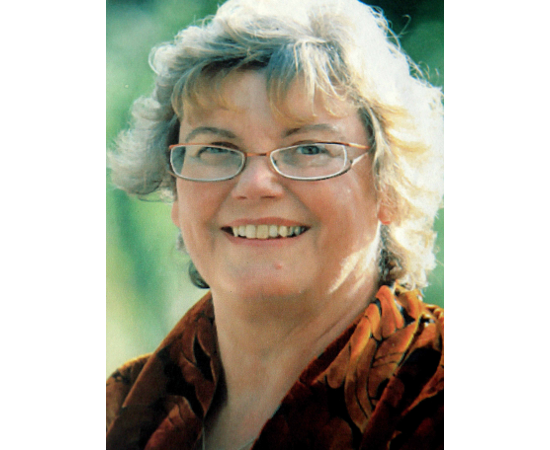
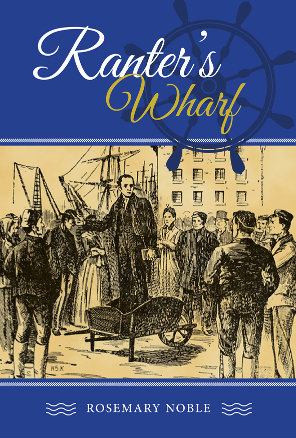
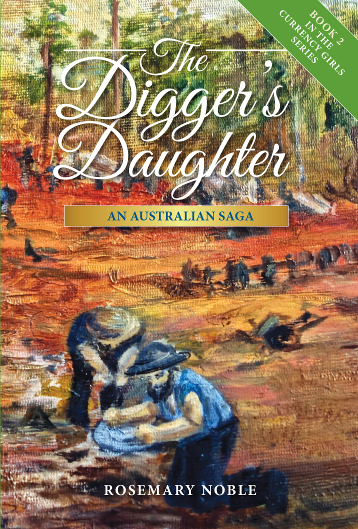
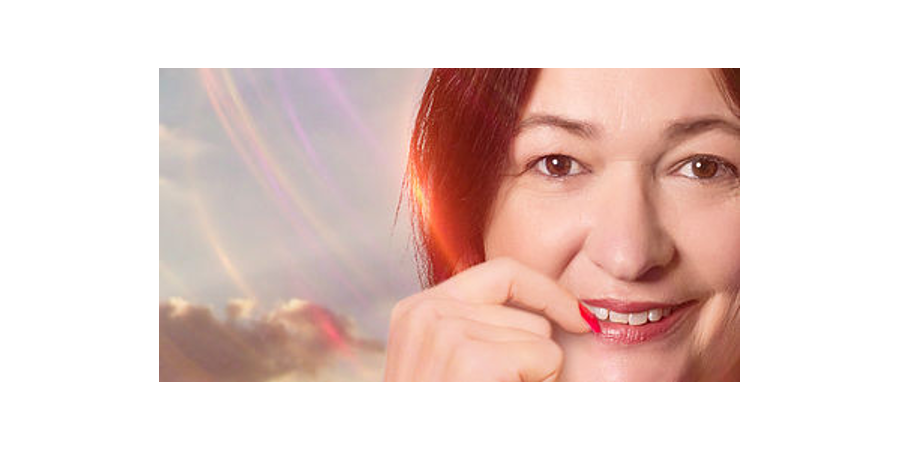
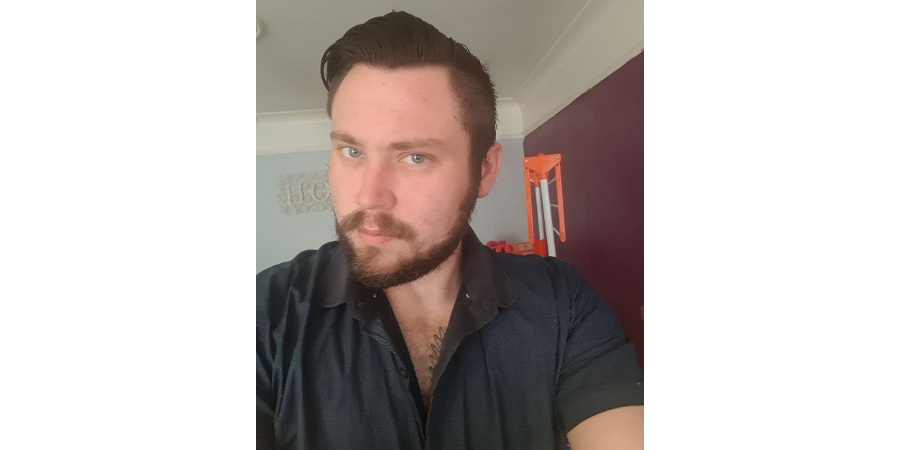
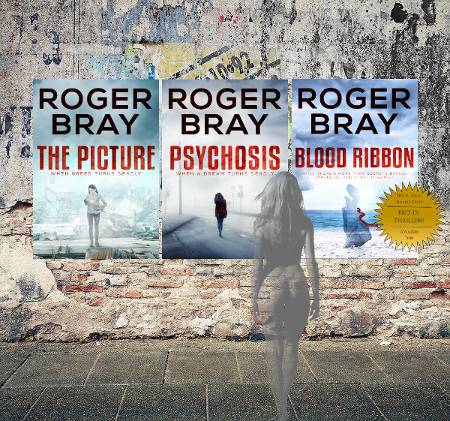
Wonderful interview. I have read some of Rosemary’s book and her social conscience shines through. I learn such a lot from her writing.